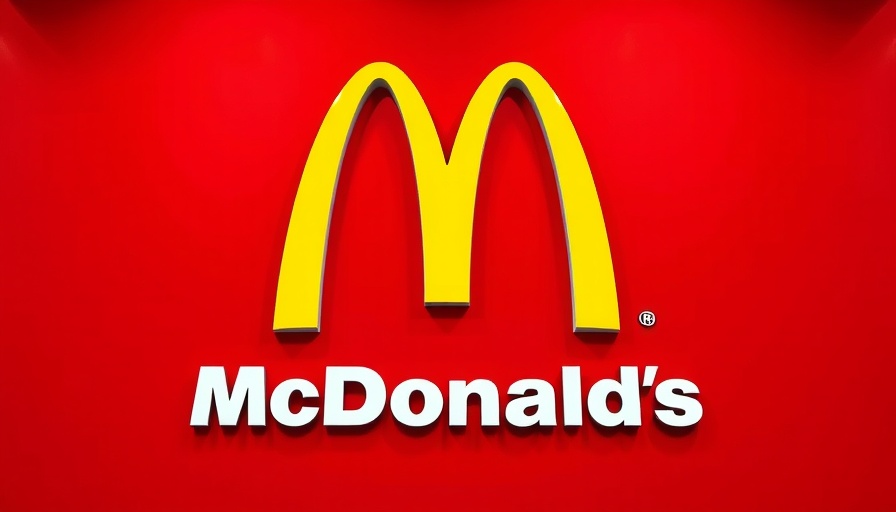
McDonald's Mexico Faces Backlash for Ghibli-Inspired AI Art
In a brazen attempt to ride the wave of a trending AI art style, McDonald's Mexico has found itself at the center of a social media storm. They created and shared their own Studio Ghibli-style artwork, trying to capitalize on the popular meme trend that has taken the internet by storm. However, this move backfired significantly, as criticism poured in over copyright issues and poor taste.
The Rising Popularity of AI Art
The AI art movement has exploded in recent years, thanks to the proliferation of accessible platforms that allow anyone to generate images in various styles. Specifically, Studio Ghibli's enchanting aesthetic—renowned for its intricate designs and whimsical characters—has captivated many. However, this fascination with AI art comes with ethical implications and artistic sensitivities, which brands like McDonald's must navigate carefully, especially if they intend to align themselves with revered cultural figures.
Why Hayao Miyazaki's Stance Matters
Studio Ghibli's founder, Hayao Miyazaki, has voiced his strong opposition to AI-generated art, emphasizing that such creations undermine the essence of genuine artistry. This sentiment resonates with fans of his work, who are likely to view McDonald's attempt through a lens of betrayal. The backlash stems not just from the act itself but from a perceived disregard for the original creator’s ethos and intellectual property rights.
The Fine Line Between Trend and Tact
For brands operating in the social media landscape, staying relevant often means participating in trending conversations. However, the distinction between engaging with a trend and exploiting it is razor-thin. McDonald's Mexico's actions illustrate a case study on how not to approach cultural trends, especially those that may infringe on artistic integrity.
Comparative Analysis: Other Brands and AI Art
Numerous brands have ventured into the AI art realm with varying degrees of success. For instance, some have collaborated with artists to create campaigns that seamlessly blend AI's capabilities with human creativity, achieving a positive reception. Others have faced similar backlash as McDonald's. This pattern underscores the necessity for businesses to carefully consider their messaging and the sentiments of their audiences when jumping on new trends.
Lessons to Be Learned
The incident serves as a reminder for marketers and brand managers to approach trends with caution and respect. The outrage sparked by McDonald's can inform future strategies regarding the use of AI art and similar innovations in marketing efforts. Recognizing the importance of acknowledging original creators can bolster brand reputation and foster goodwill among customers who value authenticity.
The Future of AI and Brand Interaction
The interaction between brands and emerging technologies like AI is inevitable. As AI art continues to evolve and gain mainstream acceptance, companies will need to strike a balance between innovation and respect for copyright laws. Moving forward, brands might want to prioritize genuine partnerships with artists and sound strategies that resonate positively with consumers.
Your Thoughts?
How do you feel about brands utilizing AI art? Is it a thrilling innovation or a dangerous exploitation of creativity? Engaging in these discussions helps shape the future of art in marketing, ensuring that all voices are heard.
 Add Row
Add Row  Add
Add 




 Add Row
Add Row  Add
Add 

Write A Comment